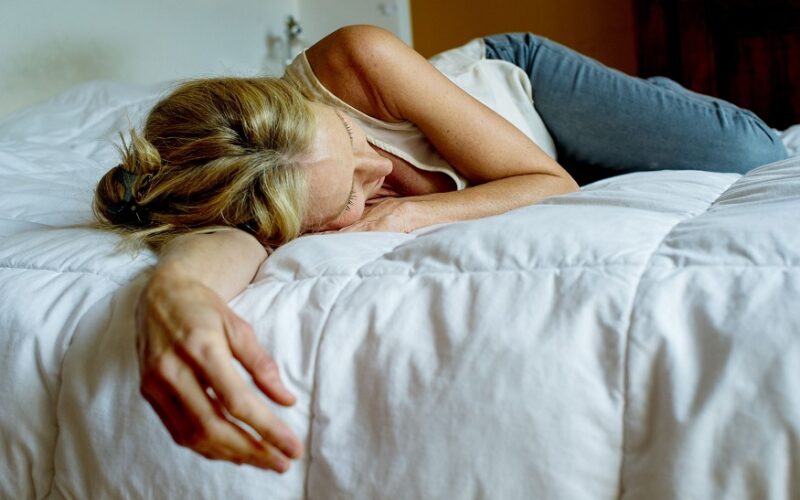Depression is a mood disorder that exhibits extreme sadness, loss, or anger that affects your ability to function in daily activities. Many people have experienced a bout of depression at some point, especially after grieving for an extended period. Although depression and grief share some symptoms, depression is often characterized by extreme loss of self-esteem and self-loathing.
In depression, extreme feelings of sadness are constant. However, people experience depression differently. In some people, it impacts their relationships, while in others, it even interferes with daily functioning resulting in lost time and productivity. It can also impact some chronic health conditions and make them worse. Some chronic health conditions that can get worse due to depression include:
Cardiovascular disease
Signs of depression
It is normal to feel sad or down at times due to sad and upsetting events. But when you constantly feel sad and hopeless, you may be dealing with symptoms of depression, and it can worsen without proper treatment. It is best to see a mental and behavioral health provider if you notice the following signs of depression.
- Feeling extremely sad or anxious.
- Crying a lot.
- Feeling angry, annoyed, or bothered.
- Weight and appetite changes.
- Loss of interest in tasks you enjoy doing.
- Feeling hopeless and worthless.
- Decreased energy.
- Difficulty concentrating and remembering.
- Difficulty making decisions.
- Suicidal thoughts.
- Thoughts of self-harm.
- Headaches, aches, and other physical pain with no clear cause.
However, not everyone experiences the symptoms of depression similarly, and they vary in intensity, how long they last and how often they happen. If you experience the symptoms nearly every day for about two weeks, you should seek immediate professional help.
Moreover, males, females, teens, and children experience the symptoms of depression differently. Men tend to experience symptoms related to their mood, emotional wellbeing, behavior, sleep pattern, sexual interest, and cognitive abilities. Females experience symptoms related to their mood, behavior, emotions, cognitive abilities, sleep patterns, and physical wellbeing. In children, depression impacts their mood, cognitive abilities, physical wellbeing, behavior, and emotional wellbeing.
Causes of depression
Depression can be caused by biological factors or life circumstances. They include:
- Early childhood trauma.
- A family history of depression.
- Brain chemistry.
- Hormone levels.
- Chronic pain.
- Medical conditions like a chronic illness.
Some of the risk factors of depression include:
- Gender- females are more susceptible to depression, especially during pregnancy and childbirth, due to hormonal changes.
- Substance misuse.
- Medical illness.
- Socioeconomic status.
- Certain medications.
Treatment of depression
Medication can be used to treat depression, but experts suggest that a combination of medication and therapy works best. Your healthcare professional may prescribe medication such as anti-depressants, anti-stimulants, hypnotics, etc.
Psychotherapy or talk therapy is also one of the effective ways to treat depression. Speaking with a therapist helps you cope with the negative feelings and identify the aspects that contribute to the depression.
Other treatment options for depression include cognitive behavioral therapy, dialectical behavior therapy, light therapy, transcranial magnetic stimulation therapy, meditation, and acupuncture.
Natural remedies include self-care, exercising, avoiding alcohol and substance abuse, and setting boundaries for your professional and personal life.

